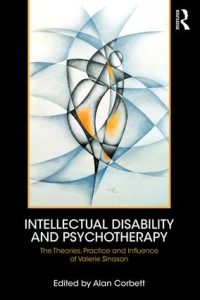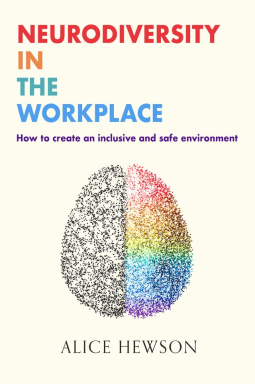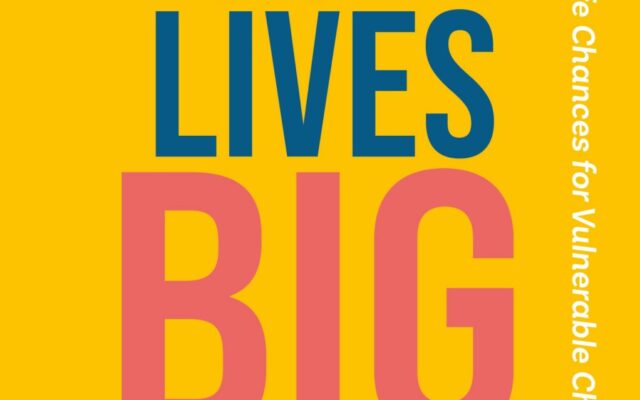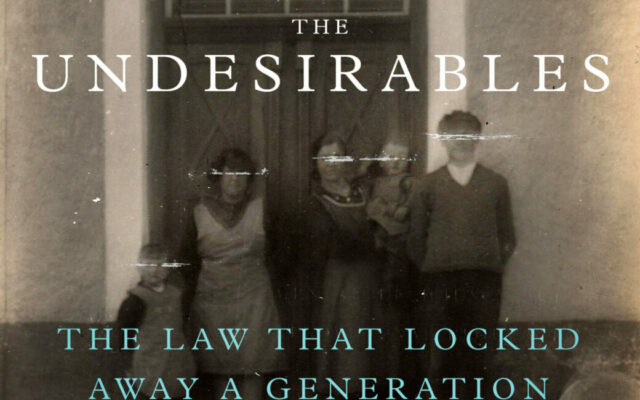 Intellectual Disability and Psychotherapy: the Theories, Practice and Influence of Valerie Sinason Edited by Alan Corbett Routledge, 190pp, £29.99 Since Sigmund Freud’s ‘talking cure’ of psychoanalysis emerged, many schools of psychotherapy have followed, united in their commitment to bringing about change in people’s lives through some sort of verbal process that brings out inner feelings.
Intellectual Disability and Psychotherapy: the Theories, Practice and Influence of Valerie Sinason Edited by Alan Corbett Routledge, 190pp, £29.99 Since Sigmund Freud’s ‘talking cure’ of psychoanalysis emerged, many schools of psychotherapy have followed, united in their commitment to bringing about change in people’s lives through some sort of verbal process that brings out inner feelings.
But for one group of people, those with limited or little verbal communication, who are sometimes seen by others as having no sort of inner life at all, the idea of psychotherapeutic intervention has always been seen as problematic. Psychotherapy and learning disability have never been comfortable partners.
This pleasing and accessible collection of short essays puts forward a strong counter argument. It is centred around the work of psychoanalyst and psychotherapist Valerie Sinason, who has long argued that people with learning disabilities can benefit from psychotherapeutic intervention.
The book includes chapters from three writers familiar to readers of Community Living Ð our contributors Noelle Blackman, David OÕDriscoll and Jan Walmsley Ð who each give considered praise for the role that Sinason has played, sometimes controversially, in highlighting the value of psychotherapy for learning disabled people.
The book is edited by the much-admired psychotherapist Alan Corbett, who sadly died before it was published. Sinason has contributed important ideas to thinking about learning disability. One of these is ‘secondary handicap’, where defence mechanisms used by a person mean their emotional difficulties are ascribed to their disability rather than their emotional state or life experiences.
She also coined the term ‘the disabled smile’, the creation of a false happy self, mainly to keep the outside world happy. Most controversially, she developed Wolf Wolfensberger’s idea of ‘death making’, the sometimes unconscious urge led by medical science to ‘eradicate’ learning disability, which leads to people with learning disabilities and those who produced them being seen as unwelcome and excluded from the human world.
Walmsley considers if this process is at play in the rejection and vilification of families by some service providers involved in episodes of abuse. All of this and much more are explained and discussed intelligently and clearly in this highly recommended book.
Review by Simon Jarrett




